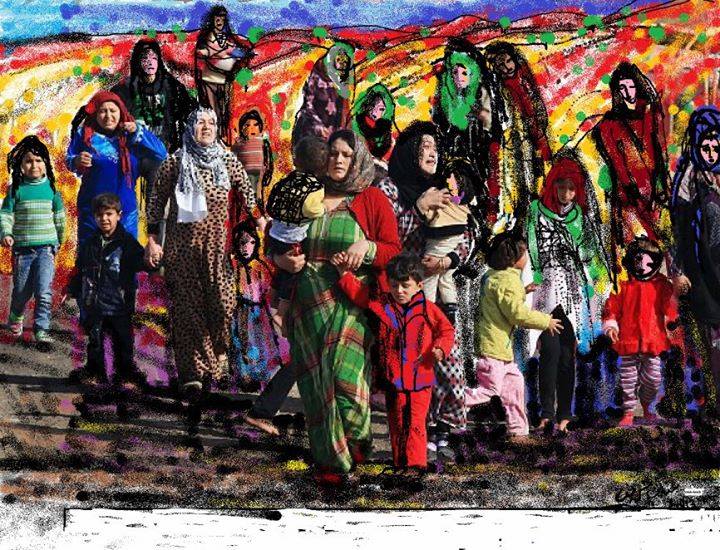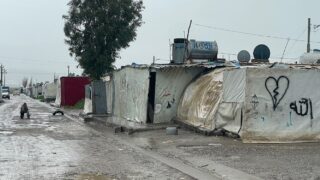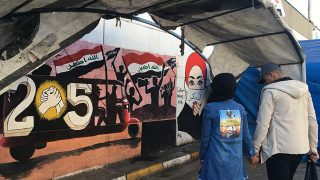Since Saddam Hussein’s regime was toppled by U.S. forces in 2003, Iraq has been wrecked by sectarian violence and unprecedented political bedlam.
The roots of the stagnation of state institutions and the collapse of the social and economic components of Iraqi society can be traced back to the U.S.-led coalition air strikes of 1991. This was followed by the humanitarian disaster caused by the siege imposed on the population.
Yet, the extent of the fragmentation we are witnessing today has only happened following the American invasion in 2003. This status was institutionalized by the U.S. during occupation based on ethnic-sectarian agendas that impacted the entire Iraqi society. This was embodied in the divisions that reached the territories partially controlled by the Islamic State, as well as the neighborhoods in Baghdad, divided into Sunni and Shia districts. One dimension of this division that is constantly overlooked, however, is the gender-oriented dimension.
English
Women Rights in a fragmented Iraq

Articles from Iraq
A Girl like a Bamboo Reed
Fatima was denied even the dignity of death, though it circled close, its breath thick with the dust of earth. She was abducted by ISIS fighters at the age of...
For Women in Displacement Camps, Freedom Lies Beyond Their Walls
Some of these women have spent more than a decade in the camp. It’s where they grew up and where they went to school. This life has shaped how they...
The Land of Clipped Braids
Palestinians wrote their children’s names on their arms, so that their bodies aren’t lost, so that they recognise them after they’re bombed. This is what we failed to do. We...
From the same author
Women and the Iraqi Revolution
The unprecedented process of popular unity since “October uprising”, show that Iraqi women and men are healing from decades of war and social fragmentation.
Opposing NGOs, a Woman at Odds: the Women’s Only Café Initiative in Erbil
While I was doing my fieldwork in Iraq within women’s groups and organizations for the purpose of my doctoral research on contemporary Iraqi women’s political activism, I heard about a...





